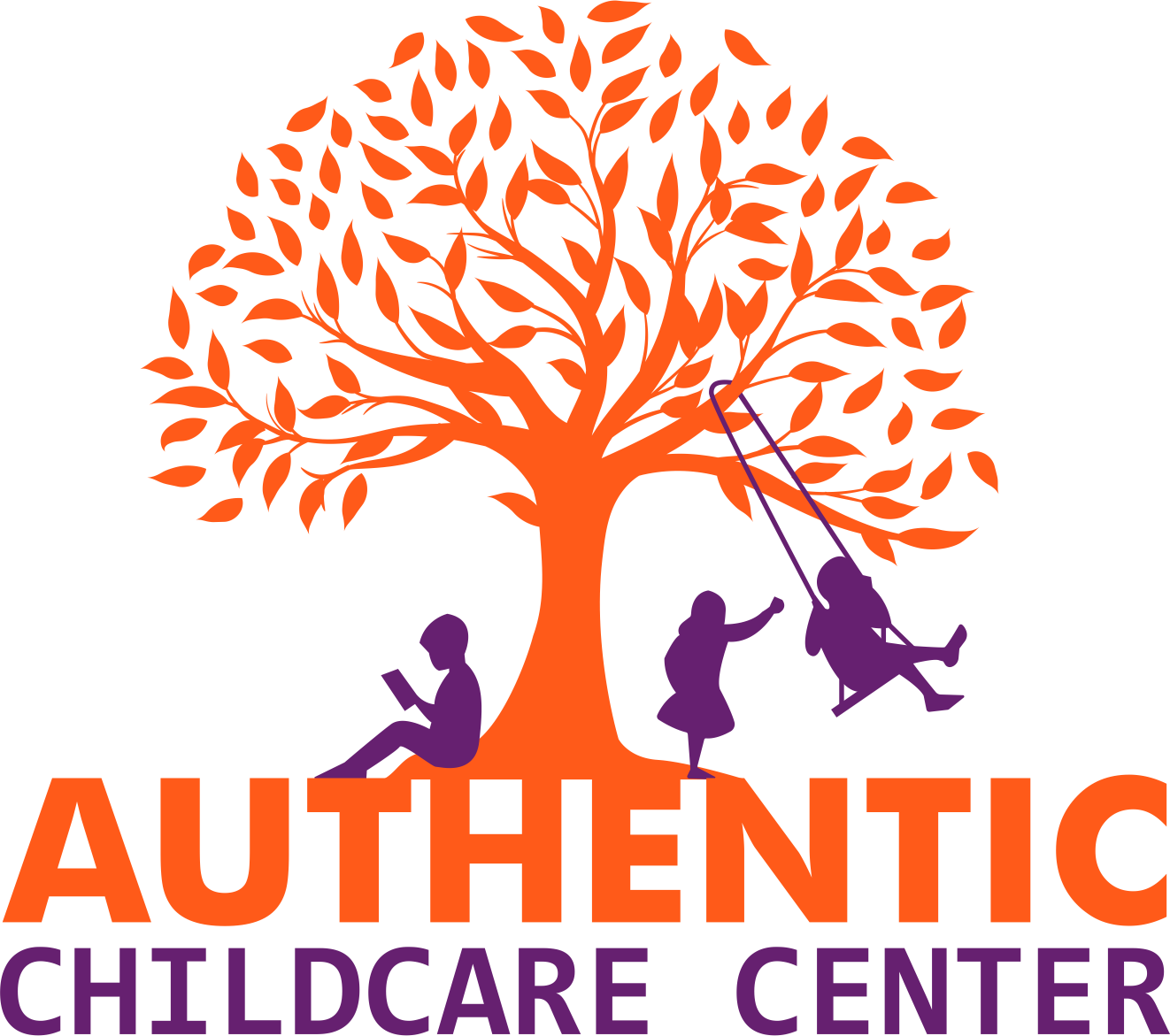Early childhood education (ECE) plays an important role in society. Here are some of the ways in which ECE is important:
Promoting Child Development: ECE programs provide children with a foundation for lifelong learning and success by promoting cognitive, social, emotional, and physical development. This is especially important during the critical early years of a child’s life when brain development is most rapid.
Reducing Educational Inequalities: ECE programs can help reduce educational inequalities by providing all children with an equal opportunity to learn and succeed. By providing high-quality early childhood education to children from diverse backgrounds, ECE can help level the playing field and reduce disparities in achievement.
Supporting Parents and Families: ECE programs also support parents and families by providing a safe and nurturing environment for children while their parents work or attend school. This can help parents to pursue their own education and career goals while ensuring that their children are receiving quality care and education.
Preparing Children for School and Life: ECE programs can help prepare children for success in school and in life by building the skills and knowledge they need to succeed. This includes not only academic skills, but also social and emotional skills such as self-regulation, empathy, and cooperation.
Boosting the Economy: High-quality ECE programs can also have a positive impact on the economy by increasing the productivity and earning potential of parents, reducing the need for government assistance, and building a strong foundation for future economic growth.
In summary, early childhood education plays a critical role in promoting child development, reducing educational inequalities, supporting parents and families, preparing children for school and life, and boosting the economy. It is an important investment in the future of our society.













